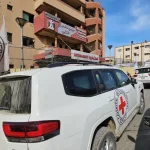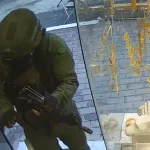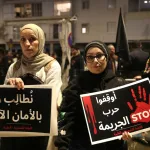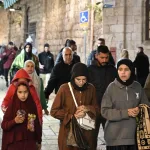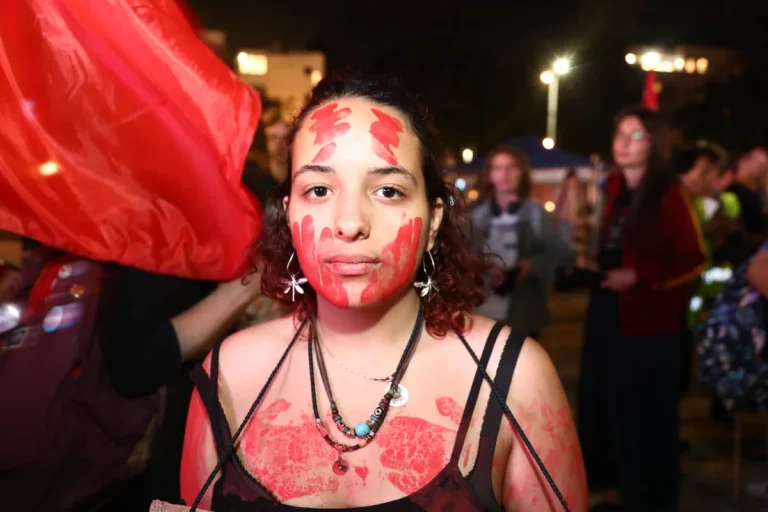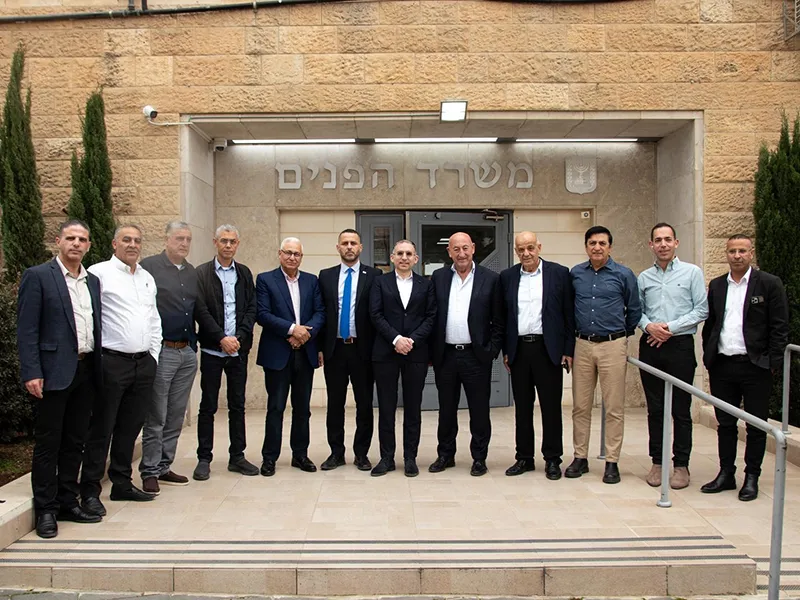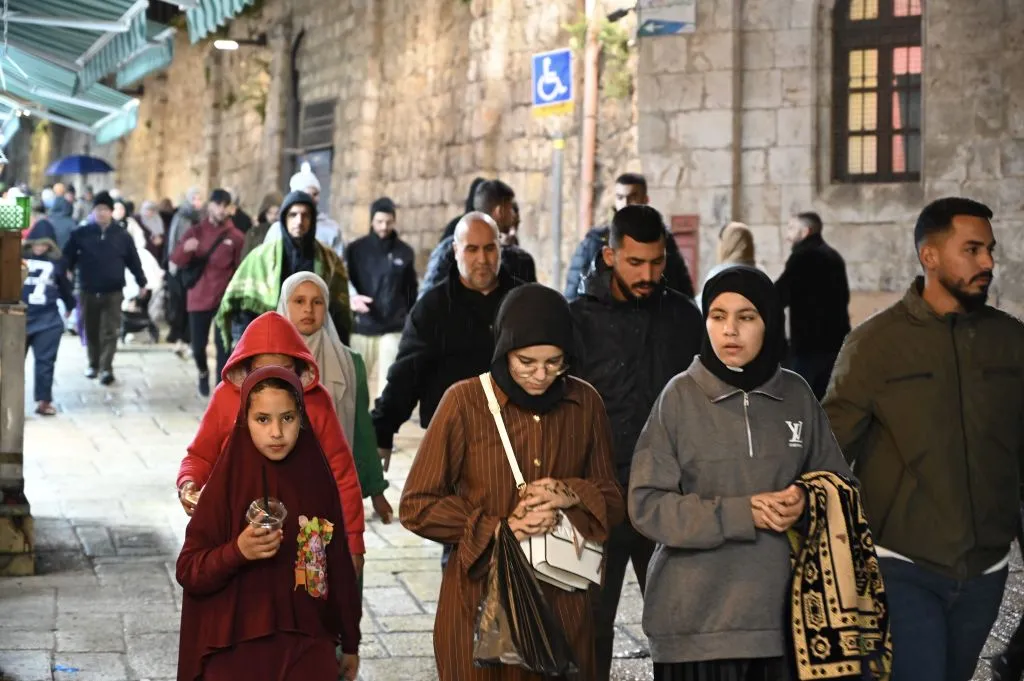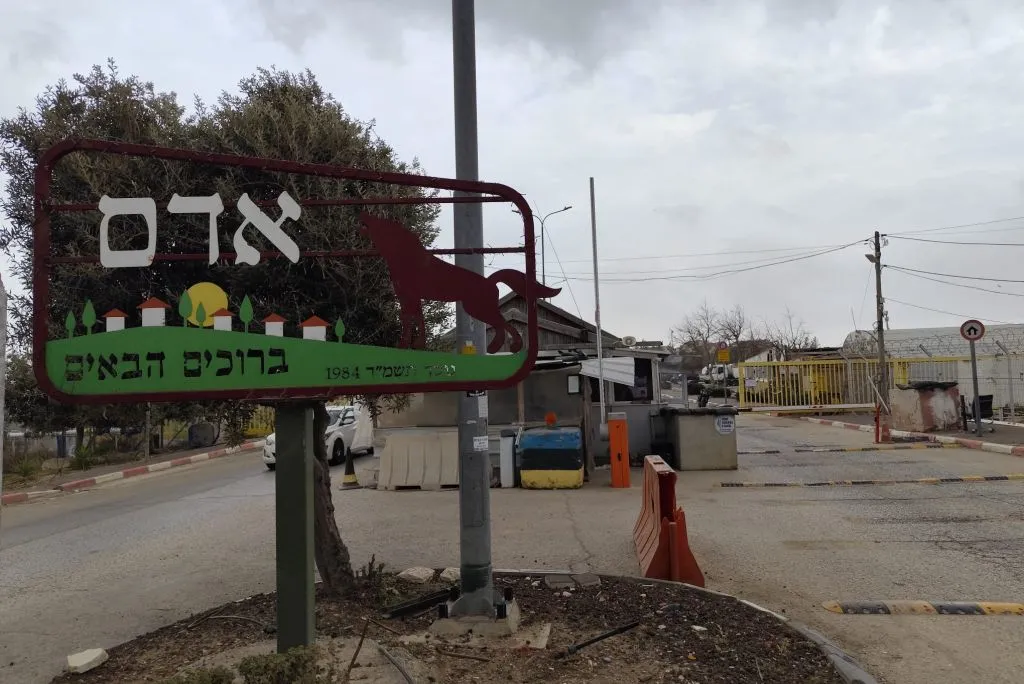Jerusalem, 19 November, 2025 (TPS-IL) — Rape crisis centers across Israel received more than 55,000 requests for assistance in 2023, with the vast majority of Cases never resulting in criminal charges, according to an annual report released on Wednesday.
The report was released by the Association of Rape Crisis Centers in Israel (ARCCI) ahead of the International Day for the Elimination of Violence Against Women on November 25. Covering the period before Hamas’ October 7, 2023, attack, the ARCCI reported that nearly 60 percent of new cases involved minors under age 18, with 28 percent involving Children aged 12 and younger. The data also revealed a Justice system struggling to prosecute sexual offenses, with 81 percent of sexual assault and harassment cases closed by prosecutors without indictments being filed.
The findings highlight persistent challenges in addressing sexual violence despite Israel’s relatively developed legal system and Western-style democratic institutions. According to ARCCI executive director Orit Sulitzeanu, while public awareness has increased, law enforcement responses remain inadequate.
The nine rape crisis centers serving Jewish and Arab communities received 55,044 total contacts in 2023, including 17,484 new cases.
The report found that 85 percent of assaults were committed by someone known to the victim. Family members were responsible for 35 percent of reported assaults, with parents accounting for 10 percent, siblings for 13 percent, and uncles or aunts for 11 percent. Current or former intimate partners accounted for 19 percent of cases, while friends and acquaintances represented 22 percent.
Among the new cases where sufficient information was provided, 87 percent involved female victims, while 13 percent involved male victims. The perpetrators were overwhelmingly male, accounting for 98 percent of reported offenders.
The nature of the abuse varied widely. According to the report, 36 percent of cases involved incest, 28 percent involved rape or attempted rape, and 21 percent involved sexual harassment. An additional 11 percent of cases involved indecent acts, while 2 percent involved group sexual assault.
More than half of all reported sexual assaults occurred in victims’ homes, the data showed. Educational or religious institutions accounted for 8 percent of incidents, while workplaces represented 6 percent. The internet or telephone was the location for 8 percent of reported cases, reflecting the growing digital dimension of sexual harassment and abuse.
Police data included in the report showed that Israeli authorities opened 6,405 criminal investigations into sex crimes in 2023, a 3 percent decrease from the previous year. Of these, prosecutors filed indictments in just 663 cases, representing approximately 17 percent of completed investigations. The vast majority of cases—3,175 investigations—were closed citing insufficient evidence, a closure rate that advocates say reflects systemic problems in how sexual assault cases are investigated and prosecuted.
The report also documented significant gaps in rehabilitation services for convicted sex offenders. Among prisoners serving sentences for sex crimes, 28 percent received no psychological treatment whatsoever, while only 24 percent were actively participating in specialized rehabilitation programs for sex offenders. This represents a significant decline from 2020, when 53 percent of incarcerated sex offenders participated in treatment programs.
The October 7, 2023, Hamas-led attacks on Israel and the subsequent war in Gaza created additional challenges for victims of sexual violence. In the first six months of the conflict, crisis centers received 26,379 requests for help, including 8,340 new cases. The attacks themselves included widespread reports of sexual violence, which the association documented in a separate report that drew international attention.
Many victims of past sexual trauma experienced what that report called a “hierarchy of suffering,” expressing hesitation about seeking help during a time when the nation focused on hostages held in Gaza and military casualties.
The new report noted that victims who had previously experienced sexual assault reported worsening mental health symptoms during the war, along with feelings of being pushed to the margins as resources were directed toward addressing wartime trauma. The crisis also created new vulnerabilities, with reports emerging of sexual assaults in evacuation centers where displaced families were housed.
The ARCCI also noted that six new laws were enacted, including an expansion of free legal representation for all victims of sexual offenses starting from the moment a complaint is filed, rather than only after formal charges are brought. The association also helped establish protocols for handling sexual violence cases related to the October 7 attacks and worked with international organizations, including meeting with UN officials and members of the U.S. Congress, to document wartime sexual violence.











